Why does my sink keep clogging?
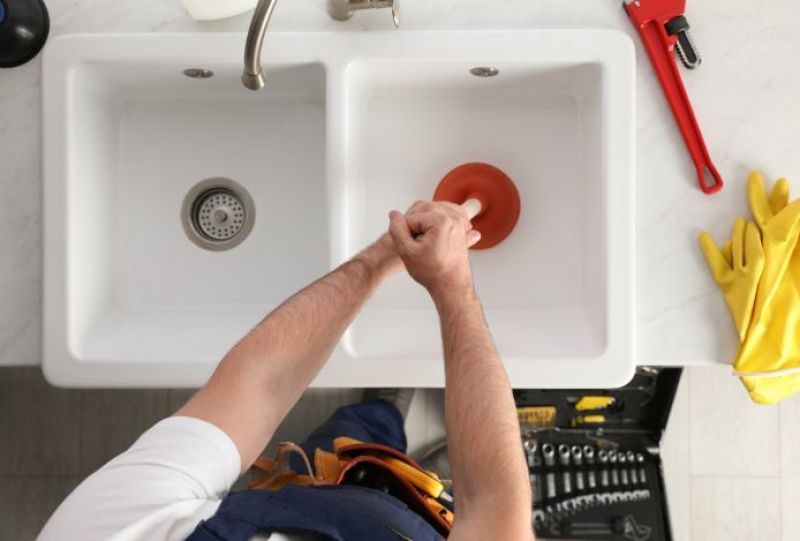
TL;DR: Sink clogs happen due to various materials like hair, soap scum, and food debris. Prevent them with strainers, proper disposal, and regular cleaning. Minor clogs can often be DIY-cleared with methods like plunging and natural remedies, but professional help is advisable for persistent or deep-seated clogs. Rootin Tootin Rooter offers expert assistance.
Few household nuisances are as frustrating as a sink that keeps clogging. Whether it’s the bathroom sink, kitchen sink, or utility sink, dealing with persistent clogs can disrupt your daily routine and lead to plumbing headaches. In this blog post, we’ll dive into the world of sink clogs, shedding light on the common causes behind these stubborn blockages. We’ll also explore practical tips for preventing sink clogs, offer do-it-yourself solutions for minor issues, and provide valuable insights to keep your sink clog-free. Plus, if you ever find yourself facing a stubborn sink clog, remember that Rootin Tootin Rooter is here to provide professional assistance and solutions.
Common Causes of Sink Clogs: Understanding the Culprits
Sink clogs can be a persistent nuisance, but understanding the common culprits behind them can help you take proactive steps to prevent clogs from occurring in the first place. Here’s a more in-depth look at the various factors that contribute to sink clogs:
- Hair and Soap Scum: Bathroom sinks are particularly prone to clogs caused by a buildup of hair and soap scum. As you wash your hands or face, hair can gradually accumulate in the drain, trapping soap residue and other debris. Over time, this mixture congeals and forms a stubborn clog. The slow drainage and gurgling sounds that result are telltale signs of this common bathroom sink issue.
- Food Debris and Grease: In the kitchen, food debris, grease, and cooking oils are frequent culprits behind sink clogs. Despite best efforts to scrape dishes clean before washing them, small particles can still find their way into the drain. When grease and cooking oil are washed down the sink, they may flow freely while hot but can solidify as they cool further along the pipes. Over time, these solidified deposits can create a stubborn blockage that impedes water flow.
- Foreign Objects: Accidental disposal of foreign objects down the sink drain is another common cause of clogs. Items such as jewelry, small toys, bottle caps, or even toothpaste caps can easily slip into the drain unnoticed. Once lodged within the pipes, these foreign objects can obstruct the flow of water and trap other debris, exacerbating the clog.
- Mineral Buildup: In regions with hard water, mineral buildup can be a significant contributor to sink clogs. Hard water contains high levels of minerals like calcium and magnesium. Over time, these minerals can accumulate on the interior of pipes, narrowing the passage through which water can flow. As the buildup continues, it can restrict water flow to the point of causing a noticeable clog.
- Improper Disposal: Flushing non-flushable items down the sink is a common mistake that leads to clogs. Items like wet wipes, cotton balls, dental floss, and feminine hygiene products do not disintegrate in water as toilet paper does. Instead, they can become entangled with other debris and create blockages within the pipes.
Preventing Sink Clogs: Tips for Homeowners
Preventing sink clogs is not only about maintaining the smooth operation of your plumbing system but also about avoiding the hassle and potential costs associated with clearing clogs. Here are some practical tips for homeowners to help prevent sink clogs:
- Use Sink Strainers: Install sink strainers or drain covers in all your sinks. These simple devices are designed to catch debris such as hair, food particles, and foreign objects before they enter the drainpipe. Regularly empty and clean the strainers to ensure they remain effective.
- Dispose of Grease Properly: Avoid pouring grease, cooking oil, or fats down the sink. These substances may flow easily when hot, but they can congeal and solidify within the pipes as they cool down. Instead, let them cool and solidify in a container, then dispose of them in the trash.
- Scrape Dishes and Cookware: Before washing dishes or cookware in the kitchen sink, make an effort to scrape off excess food particles into the trash. This reduces the amount of food debris that can potentially go down the drain.
- Rinse with Hot Water: After using the kitchen sink, run hot water down the drain for a few minutes. This can help flush away any residual grease or soap scum that may have entered the pipes.
- Regularly Clean Drains: Periodically clean your sink drains using natural remedies. For example, you can pour a mixture of baking soda and vinegar down the drain, followed by boiling water. This can help break down soap scum, mineral deposits, and minor clogs.
- Educate Family Members: Ensure that everyone in your household is aware of what can and cannot go down the sink drain. Teach family members not to dispose of non-flushable items like wet wipes, cotton balls, or dental floss down the sink.
- Schedule Routine Plumbing Inspections: Consider scheduling regular plumbing inspections with professionals like Rootin Tootin Rooter. Plumbing experts can perform preventive maintenance, inspect your pipes for potential issues, and provide guidance on keeping your plumbing system in optimal condition.
- Monitor Water Pressure: Keep an eye on your sink’s water pressure. A sudden decrease in water pressure can indicate a clog or other plumbing issue. Addressing it promptly can prevent more severe clogs from developing.
- Avoid Overloading Garbage Disposals: If your kitchen sink has a garbage disposal, avoid overloading it with large amounts of food scraps at once. Gradually feed small portions into the disposal while running cold water to help flush debris away.
By incorporating these preventive measures into your household routine, you can significantly reduce the likelihood of sink clogs and maintain smooth and efficient drainage in your sinks. Additionally, if you ever encounter a stubborn clog that DIY methods cannot resolve, don’t hesitate to contact the professionals at Rootin Tootin Rooter for expert assistance in keeping your plumbing system clog-free.
DIY Solutions for Minor Clogs: Unclogging Your Sink
Encountering a minor sink clog can be frustrating, but often, you can resolve the issue with simple do-it-yourself (DIY) solutions. Here are some effective methods for unclogging your sink when the blockage is relatively minor:
- Plunger Method:
- A plunger is a versatile tool that can help clear minor sink clogs. For a sink plunger to work effectively, ensure that there’s enough water in the sink to cover the rubber cup of the plunger. Seal the overflow drain (if your sink has one) with a wet cloth or a stopper.
- Place the plunger cup over the drain and create a tight seal by pressing down firmly. Push and pull the plunger vigorously several times to create suction. This action can dislodge the clog and force it down the drain.
- Baking Soda and Vinegar:
- Baking soda and vinegar can create a natural and safe chemical reaction that helps break down minor clogs and deodorize your drain. Start by pouring a pot of boiling water down the sink to soften the clog.
- Next, pour about half a cup of baking soda into the drain, followed by an equal amount of vinegar. Cover the drain with a cloth or stopper to contain the fizzing reaction. Allow it to work for about 15 minutes.
- Finally, flush the drain with hot water to wash away the dissolved clog and residue. Repeat this process if necessary.
- Boiling Water:
- For minor clogs caused by grease or soap scum, boiling water can be remarkably effective. Simply heat a pot of water to boiling and carefully pour it directly down the drain.
- The hot water can melt and dislodge the grease or soap buildup, allowing it to flow down the pipes. This method is especially useful for bathroom sinks.
- Manual Removal:
- If you can see the clog near the surface of the drain, you may be able to manually remove it. Use a pair of needle-nose pliers, tweezers, or a bent wire hanger to reach into the drain carefully and extract the debris.
- Be gentle to avoid pushing the clog deeper into the pipe. Once removed, flush the drain with hot water to ensure the remaining debris is cleared.
It’s important to note that these DIY methods are most effective for minor clogs that are near the surface of the drain. If you encounter a persistent or recurring clog, or if these methods do not resolve the issue, it may indicate a more significant problem deeper within your plumbing system.
Final Thoughts
Dealing with a sink that keeps clogging can be a hassle, but with the right knowledge and preventive measures, you can maintain smooth and clog-free drains. If you ever encounter a stubborn or recurring sink clog that DIY methods cannot resolve, don’t hesitate to contact the professionals at Rootin Tootin Rooter. Our experienced team is here to assist you in keeping your sinks flowing freely and your plumbing system in top condition.
FAQ’s
What causes sink clogs in the first place?
Sink clogs typically occur due to a buildup of various materials such as hair, soap scum, food debris, grease, foreign objects, and mineral deposits within the drainpipes. These materials can restrict or block the flow of water, leading to clogs.
How can I prevent sink clogs from happening in my home?
Preventing sink clogs involves using sink strainers, disposing of grease and food properly, regular cleaning, educating family members about what should not be put down the drain, scheduling plumbing inspections, and avoiding overloading garbage disposals, among other measures.
Are chemical drain cleaners safe and effective for clearing sink clogs?
While chemical drain cleaners can provide temporary relief for minor clogs, they are not recommended for regular use. They can be harmful to your plumbing pipes and the environment. Additionally, they may not effectively clear stubborn or deep-seated clogs. Mechanical methods like plunging or using natural remedies are often safer and more effective.
When should I seek professional help for a sink clog?
If you’ve tried DIY methods and the clog persists, or if you notice recurring sink clogs, it may indicate a more significant issue within your plumbing system. It’s advisable to seek professional plumbing assistance in such cases. Professional plumbers can assess the situation, identify the root cause, and provide effective solutions to clear the clog and prevent future occurrences. Rootin Tootin Rooter offers expert plumbing services for addressing sink clogs and related issues.
Other Blogs You May Be Interested In
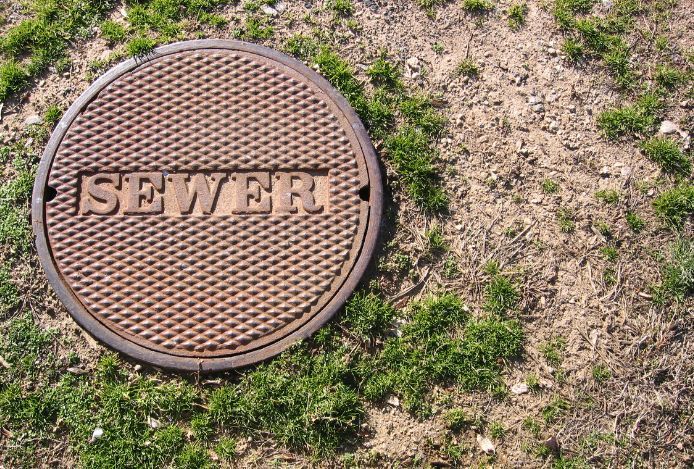
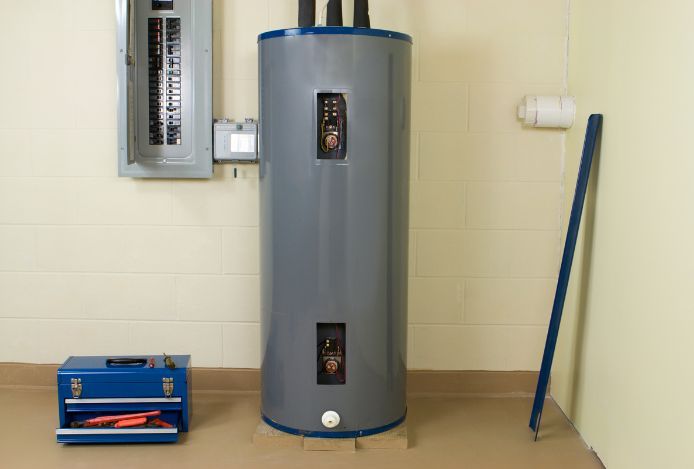

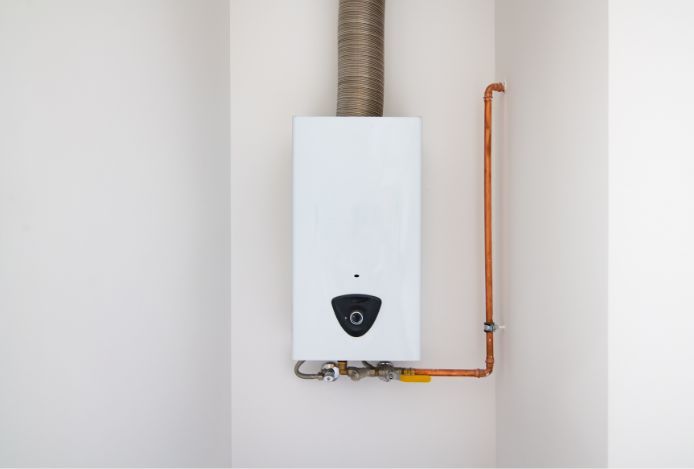
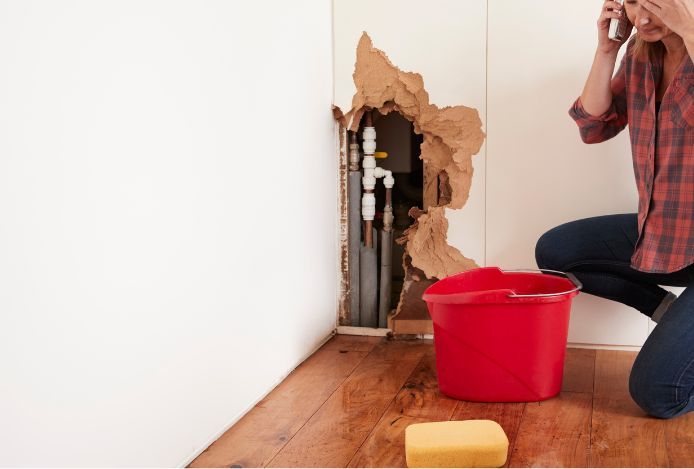
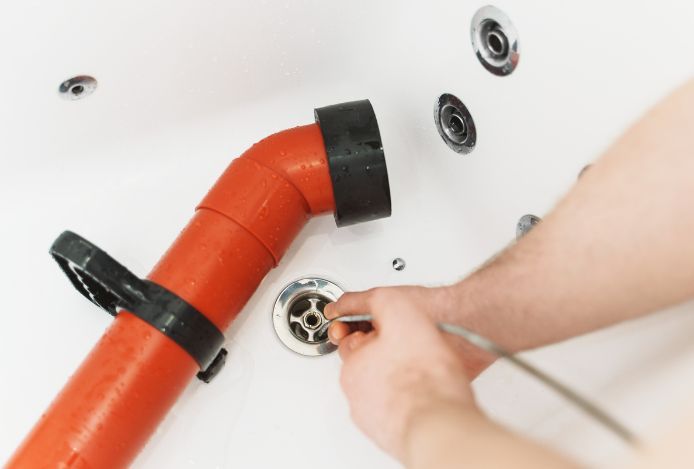
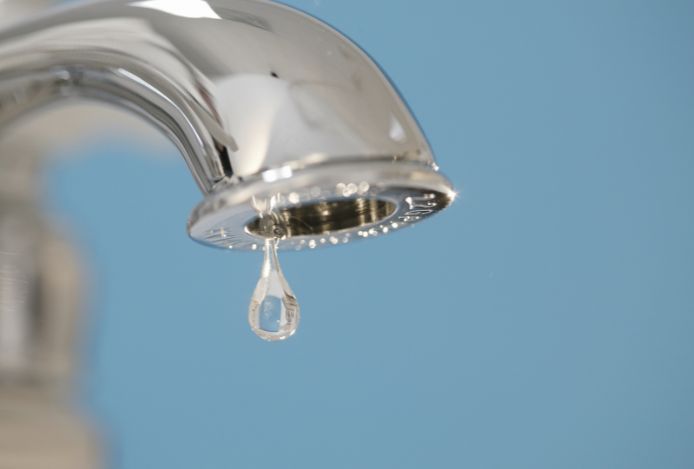
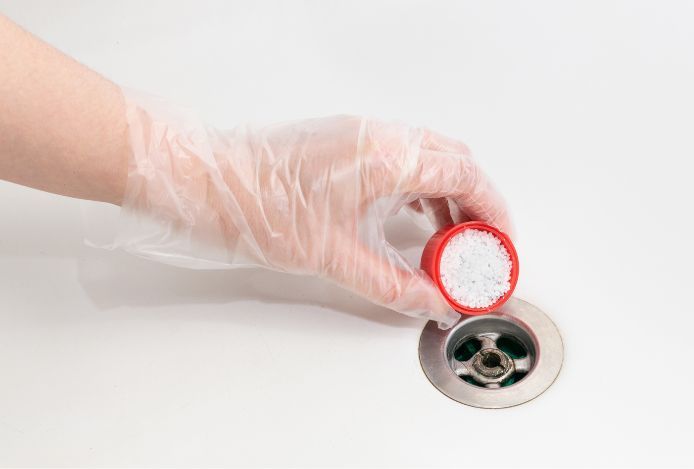
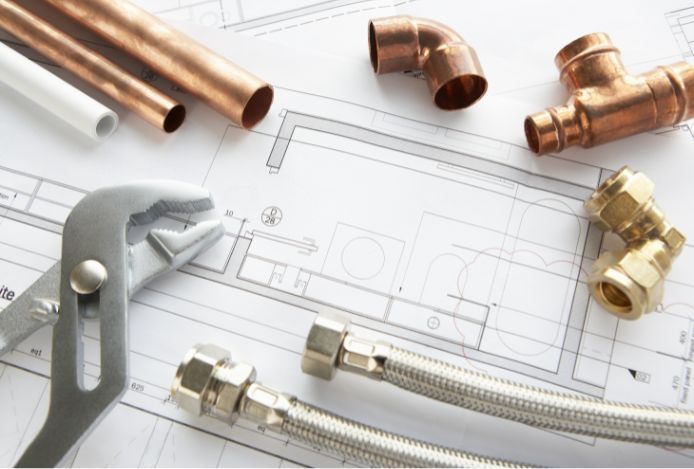

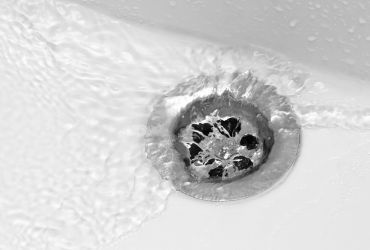


Leave a Reply